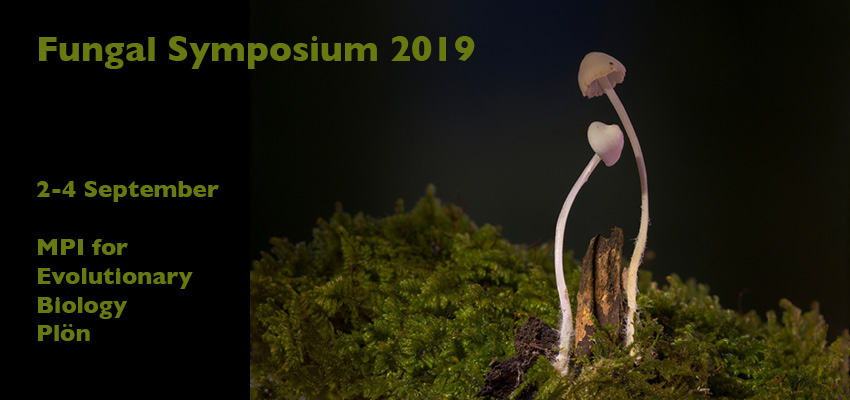Speaker
Description
In fungal genomes, transposable elements (TEs) are thought to be key drivers of variability among populations
in response to environmental stress. TEs proliferation could be either deleterious or beneficial depending
on their insertion sites, or neutral if they insert in non-coding nor regulatory regions. The recent PacBio
re-sequencing of several isolates of wheat pathogen Zymoseptoria tritici and of four other Zymoseptoria sister
species (i.e. Zymoseptoria ardabiliae, Zymoseptoria brevis, Zymoseptoria passerinii and Zymoseptoria pseudotritici),
has improved genome assemblies, which is determinant to study TE dynamics. We performed an
in-depth characterisation of the complete TE repertoire of the five known Zymoseptoria spp. to gain insights
into the impact of repetitive DNA on the evolution of these closely relative species. We estimated at a relatively
recent age TE insertions in Zymoseptoria spp using the divergence between genomic copies and consensus
sequences. Also, we were able to scrutinise the variability inter- and intra-species comparing copies to a Zymoseptoria
consensus library we built. We demonstrated that Zymesptoria spp. infecting domesticated plants
(i.e. Z. passerinii and Z. tritici) presented mostly species-specific TEs while Zymoseptoria spp. infecting wild
plants (i.e. Z. ardabiliae, Z. brevis and Z. pseudotritici) harboured less species-specific TEs. Together these
results may suggest that plant domestication could impact TEs dynamics of associated fungal pathogens.

